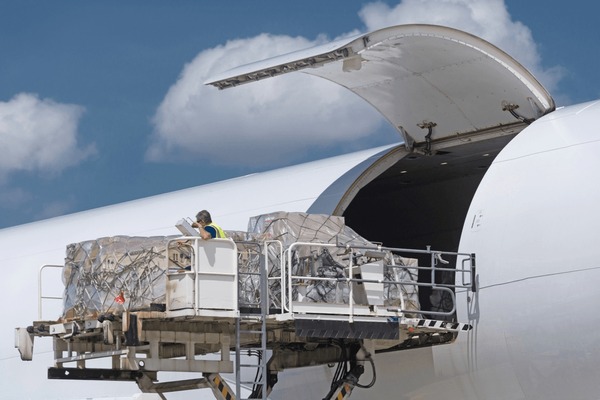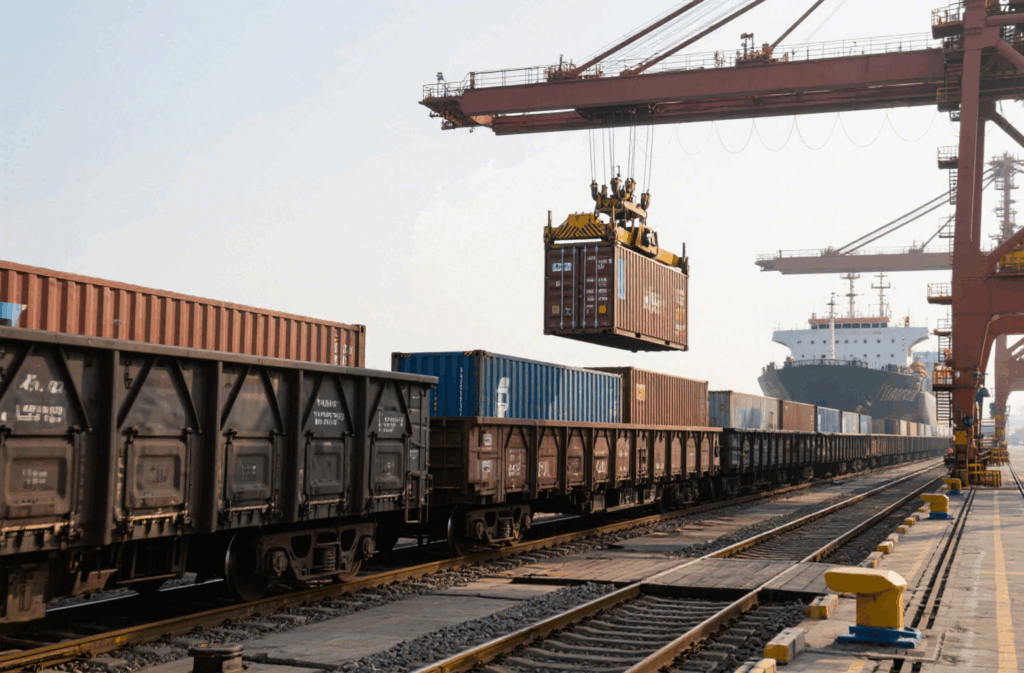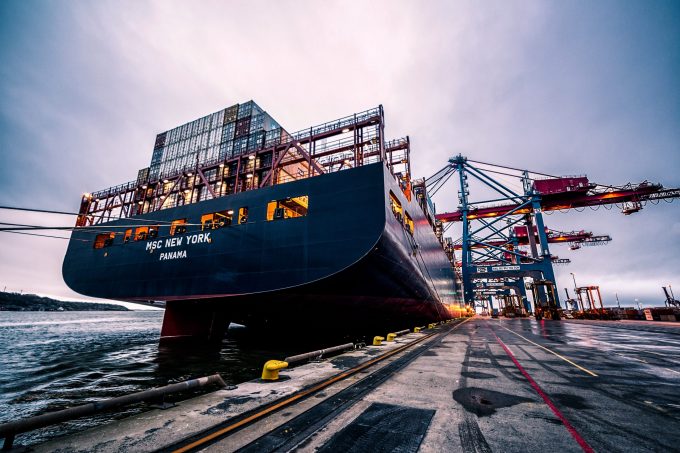- By Della tj
- October 31, 2025
- Customs Brokerage, Shipping
Efficient cross-border shipping requires precise documentation and timely coordination. Choosing reliable customs clearance from Shenzhen to Germany helps importers avoid delays, penalties, and hidden costs. Moreover, it ensures your cargo meets both Chinese export and German import standards for a smooth logistics experience.
Why Reliable Customs Clearance Matters for Germany Imports
Reliable customs clearance prevents disruptions that can delay cargo arrival. Inaccurate HS codes or missing paperwork often result in high demurrage fees and storage costs.
A professional customs agent ensures every form—from invoices to certificates—is correctly filed under EU law. As a result, businesses maintain steady delivery schedules, predictable costs, and full compliance with German Customs (Zoll).
Key Advantages:
- Faster cargo release
- Accurate duty and VAT calculation
- Reduced inspection risks
- Simplified documentation flow
- Seamless delivery schedule
How the Customs Clearance Process Works
The customs process for goods shipped from Shenzhen to Germany includes several essential steps managed by your logistics provider.
| Step | Action | Responsible Party |
|---|---|---|
| 1 | Export declaration with Chinese customs | Export agent |
| 2 | Shipment via air, sea, or rail | Freight forwarder |
| 3 | Import declaration with German customs | Customs broker |
| 4 | VAT and duties payment | Importer |
| 5 | Cargo release and delivery | Local carrier |
Each stage requires verified documentation, such as a commercial invoice, packing list, bill of lading, and certificate of origin, to ensure compliance with both countries’ regulations.
Shipping Options from Shenzhen to Germany
Selecting the right transport mode can significantly affect customs speed, shipping costs, and total delivery time.
| Mode | Average Transit Time | Cost Level | Best For | Pros | Cons |
|---|---|---|---|---|---|
| Air Freight | 5–9 days | $$$ | Urgent cargo | Fast, secure | Expensive |
| Rail Freight | 15–22 days | $$ | Electronics, mid-sized goods | Balanced speed | Limited routes |
| Sea Freight | 30–40 days | $ | Bulk cargo | Cost-effective | Longer duration |
| Express Courier | 5–7 days | $$$$ | Small parcels | Quickest door-to-door | Weight limits |
Tip: Combining DDP (Delivered Duty Paid) terms with air or rail freight can simplify customs and improve shipping predictability.
Cost Overview of Reliable Customs Clearance
Pricing for customs clearance depends on product type, value, and mode of transport. Below are general cost references.
| Type of Shipment | Clearance Fee (USD) | Duties & VAT | Total Duration |
|---|---|---|---|
| Air Freight (100 kg) | $120–$180 | 19% VAT + tariff | 6–8 days |
| Sea LCL (3 m³) | $90–$130 | 19% VAT + tariff | 35–40 days |
| Rail Freight (1 m³) | $100–$150 | 19% VAT + tariff | 18–22 days |
| Express Parcel (30 kg) | $50–$70 | Included in cost | 5–7 days |
To illustrate, reliable forwarders often provide bundled customs services that include declarations, duty calculation, and document verification.
Real Shipping Case Studies
Case 1: Air Freight – Auto Parts
Route: Shenzhen → Frankfurt
Cargo: 200 kg automotive sensors
Cost: $1,650
Transit Time: 6 days
Result: Cleared within 48 hours due to pre-approved documents.
Case 2: Sea Freight – Furniture
Route: Shenzhen → Hamburg
Cargo: 12 m³ home furniture
Cost: $2,100
Transit Time: 38 days
Result: Clearance in 4 days under DDP service.
How to Prevent Customs Delays
Customs delays can disrupt the entire supply chain. However, following these proven steps minimizes risk:
- Prepare documents early — verify invoice details and HS codes before export.
- Ensure accurate value declaration — under-declared goods can trigger audits.
- Work with licensed brokers — they handle filings according to EU customs law.
- Pay duties promptly — delayed payments cause warehouse storage charges.
- Stay informed on EU updates — trade regulations may change each quarter.
In addition, automation platforms like Germany’s ATLAS e-Customs allow faster declaration approvals.
Choosing the Right Customs Clearance Partner
Selecting the right partner determines the efficiency of your shipping workflow. A dependable customs broker should provide:
- Proven expertise in China–EU trade routes
- Transparent pricing and duty estimates
- Real-time customs tracking updates
- Multilingual service (Mandarin & German)
- Flexible options (DDP, DDU, EXW)
Moreover, experienced forwarders simplify logistics by combining freight and clearance into a single managed service.
Conclusion
To summarize, reliable customs clearance from Shenzhen to Germany ensures your goods move efficiently across borders, reducing financial risk and time delays. With the right documentation, accurate tariff classification, and professional broker support, importers can experience smooth trade operations that align with German customs regulations.
Without a doubt, partnering with an expert logistics provider gives you peace of mind, compliance assurance, and timely delivery—helping your business grow globally.
- Consult TJ China Freight Forwarding for the lowest quote. They will provide you with reliable, cost-effective service.
FAQ:
Q1.How long does customs clearance from Shenzhen to Germany usually take?
Typically, clearance requires 2–5 business days, depending on documentation accuracy and transport mode.
Q2.Can I handle customs clearance without a broker?
Yes, but using a licensed agent minimizes risks of penalties and paperwork errors.
Q3.What documents are required for import clearance in Germany?
A commercial invoice, packing list, bill of lading, and EORI number are mandatory for all importers.
Q4.Are duties and VAT included in DDP shipping services?
Yes, DDP covers duties, taxes, and clearance, making it ideal for hassle-free import operations.
Q5.What causes customs delays most often?
Delays occur from missing certificates, incorrect HS codes, or incomplete invoices.





